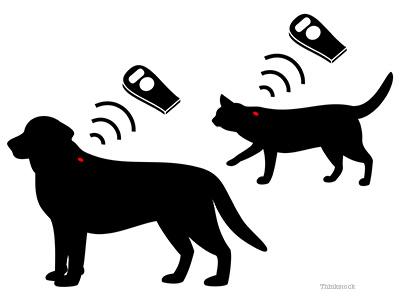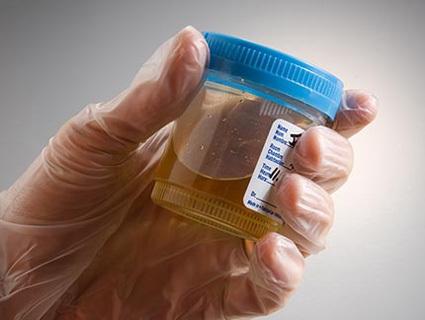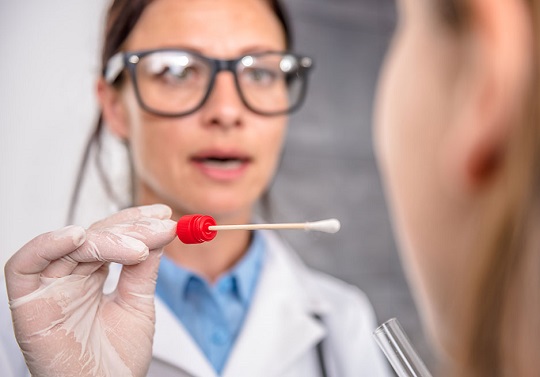Viaguard / Accu-metrics
Our relationship DNA test could provide the answers you need. Only Viaguard guarantees precision, economy, confidential service and is approved to use the exclusive DNAffirm Technology. Call us and speak to a professional. Accu-Metrics Group is your full-service, accredited genetic identity laboratory specializing in DNA relationships.
EXCLUSIVE DNAFFIRM TECHNOLOGY (OVER 100,000 TESTS ) 99.999% ACCURACY.
It may not be practical to come to our laboratory and have us take samples for court/legal chain of custody or informational test. All mailed kits now include remote legal chain of custody forms, or you may do the test for just informational purposes.
All tests are of course absolutely private and confidential.
Order our no-cost sample collection kit and remit payment when you send in the samples for analysis. Results are available 5-7 days from receipt of samples.
Split kits can be sent if the father and child are in different locations. Tests can now also be done using non-standard samples such as gum, cigarette butts, spot of blood, toothbrush, etc., if it is not possible to obtain a buccal swab from one or both of the parties.
There may be a modest surcharge depending on the nature of the non-standard sample.
If so, we will call you on receipt of the samples before proceeding with analysis.
Doctor Harvey Tenenbaum Ph.D. (Director of Operations)
- - Certified Hematology/Toxicology/DNA analyst.
- - Member of the ACFEI (American College of Forensic Examiners Institute).
- - Member of the American Society of Human Genetics.
- - Member of the American Association of Integrative Medicine.
- - Member of the Society of Hair Testing.











































